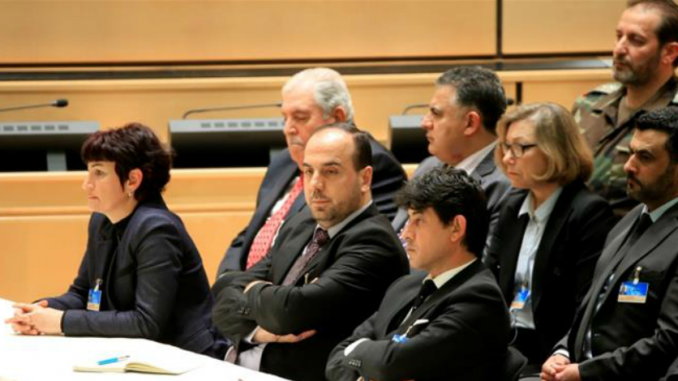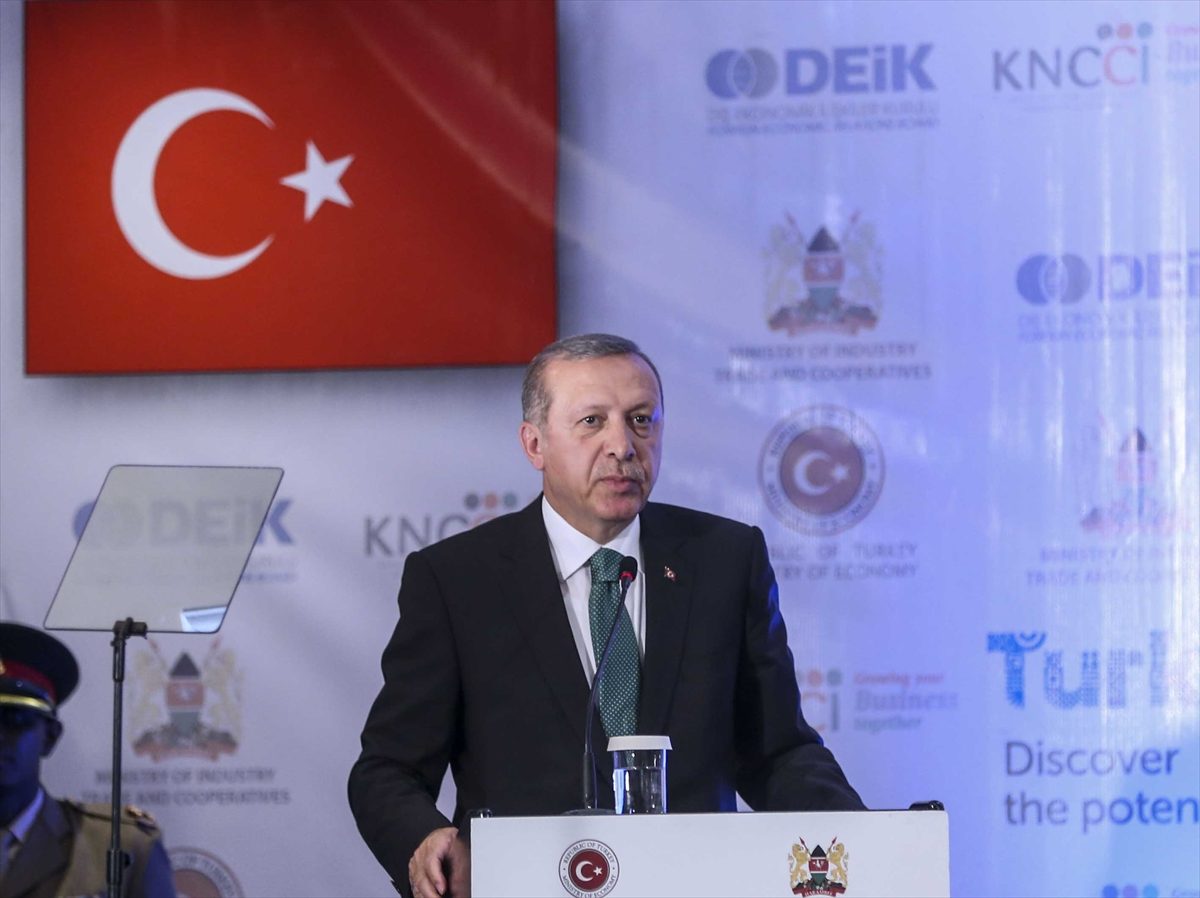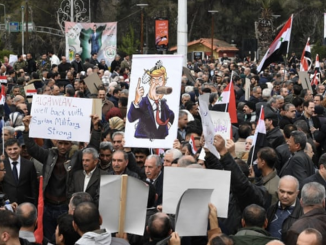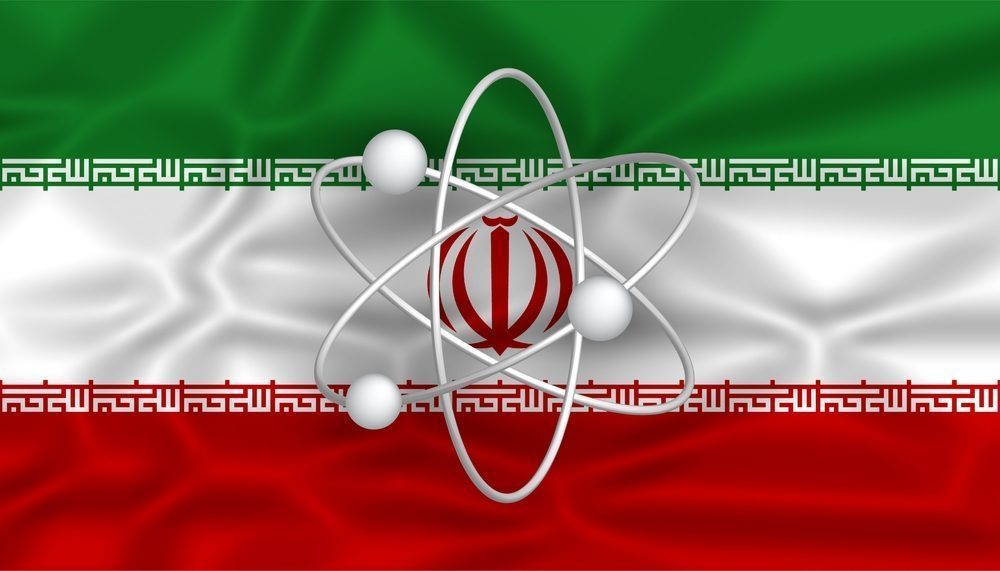
Syrian opposition’s representatives said they will meet Russian Deputy Foreign Minister during the current round of Syrian peace talks to discuss three major issues, despite the latest veto by Russia in the UN security council.
The new round of Syria peace talks has started in Geneva on February 23. after it was previously planned to be on February 8. but delayed in order to take advantage of the results of Astana settlement about the ceasefire in Syria, which was planned by Russia, Turkey, and Iran.
The UN special envoy for Syria, Staffan de Mistura, addressed the both delegations asking them to work together to help in ending the crisis in the country.
De Mistura told the representatives of both delegations that they had a joint responsibility to end a conflict that had killed hundreds of thousands and displaced millions.
During the talks, the opposition’s delegation accused the regime delegation of seeking to hinder the peace talks as its head said the main goal of the talks should be combating terrorism without mentioning the political process, while regime forces in Syria kept breaching the ongoing shaky truce and killed dozens of civilians since the talks started.
In addition, the opposition pledged Russia to play its role as a guaranteer of the truce and use its influence over the regime to force it to accept the political solution.
Meeting despite the veto
On February 28., Russia used the veto for the seventh time to ban a UN Security Council resolution backed by Western powers that would have imposed sanctions on Assad regime over the use of chemical weapons against civilians.
Salem al-Muslet, a spokesman for the High Negotiations Committee (HNC) representing opposition forces at Geneva peace talks, said that the opposition regretted Russia’s seventh veto on Syria, but planned to meet Russian Deputy Foreign Minister Gennady Gatilov in hopes of convincing Russia to use its influence on Assad.
“We hope that they come here having something in mind to push the political process here in Geneva because, with this regime, we will reach nowhere unless there is a pressure and the only country that can deliver pressure on the regime is Russia,” Muslet said.
Abdul Hakim Bashar, vice president of the National Coalition for Syrian Revolution and Opposition Forces, said that the Syrian opposition’s High Negotiations Committee (HNC) will hold talks Wednesday evening with Russia’s deputy FM.
Bashar will participate in the meeting with Gatilov on Wednesday evening himself. Along with him, HNC delegation head Nasr Hariri, his deputy Yahya Kodmani, general Shalal and another HNC member Azim will be meeting with Gatilov.
As for the participation in the meeting of Jaysh al-Islam leader Mohammed Alloush, his participation has not been confirmed yet.
Three major issues to be discussed
Bashar revealed that the HNC will focus on three major issues– the ceasefire, a possible attack on Ghouta, and the political solution for Syria.
“We will discuss three topics with the Russians — the ceasefire, a planned attack on Ghouta, and the political solution,” Bashar said.
“On the ceasefire, we will seek guarantees from Russia and Turkey. We want them to do what they have committed themselves to… Concerning Ghouta, we have information that the [Assad] government is planning an attack on [it]. We want to prevent it,” he said.
On the political solution, the HNC will express to Gatilov their desire to see Russia having a “positive and neutral stance,” he added.
Asked whether the HNC’s suggestion will be given to Russians in a written form, Bashar said “no.”
“We will also criticize Russia for using a veto in the UNSC for the resolution,” he added.
“Russia offered itself to hold talks in Astana under its patronage, we want Russia to carry out patronage in Geneva too instead of being a side to the negotiations,” he added.
“Counterterrorism is a complicated subject. It could be negotiated here or in Astana… When you make a transitional government, it will be them who will decide how and when to fight terrorism.”
The Syrian crisis began as a peaceful demonstration against the injustice in Syria. Assad regime used to fire power and violence against the civilians and led to armed resistance. 450.000 Syrians lost their lives in the past five years according to UN estimates, and more than 12 million have lost their homes.



